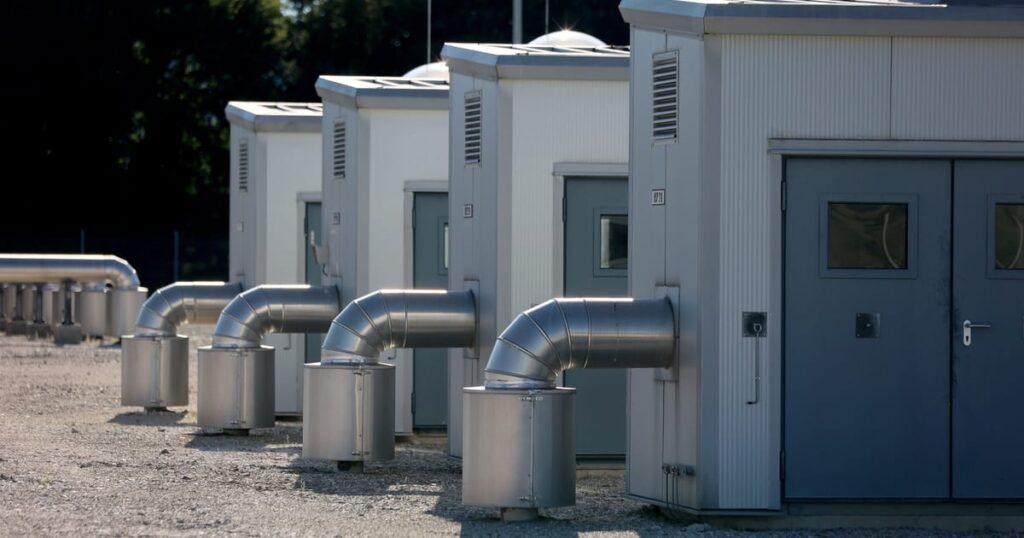It is unclear whether Russia carried out the threat, Euronews reported on Saturday. Gazprom is sending gas to Europe via Ukraine at normal levels, Bloomberg reported on Saturday.
Chancellor Nehammer said on Friday that Austria had a reliable supply of alternative fuels and that “no one will freeze this winter and no home will get cold.”
Russia cut off most natural gas supplies to Europe in 2022, citing a dispute over payments in rubles. EU leaders described the move as an energy threat over Ukraine’s support for Russian aggression. The outages caused gasoline prices to skyrocket and inflation to soar, reaching double digits, but has since fallen.
European governments have had to scramble to find alternative supplies.
Still, three European countries (Austria, Slovakia and Hungary) still receive Russian gas through pipelines that run through Ukraine, despite the fighting there. Ukraine will not extend its transit agreement with Gazprom beyond January 2025, aimed at cutting off a source of revenue that Kiev says Russia uses to fund its wars and encourage these countries to diversify supplies. said.
Austria gets most of its natural gas from Russia. In December last year, the country’s gas dependence on Russia rose to 98%, and Vienna is trying to accelerate the end of its gas ties with Russia. In February, Vienna announced plans to force its energy companies to phase out Russian gas and explore options for early termination of long-term gas contracts with Moscow.
Meanwhile, German Chancellor Olaf Scholz spoke by phone with Russian President Vladimir Putin on Friday, the first direct interaction in nearly two years.



